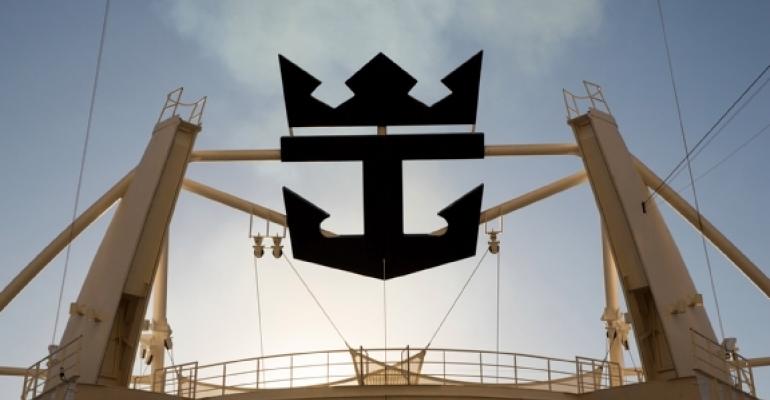The survey saw Royal Caribbean regain its top ranking among cruise line brands, followed by Holland America Line and Princess Cruises.
Cruise brands that ranked below category average in the study were, in alphabetical order: Carnival Cruise Line, Celebrity Cruises, Disney Cruise Line and Norwegian Cruise Line.
While equity among travel brands is stable overall, Harris Poll's research found that airline brand equity increased four points among millennials compared to the previous year, and cruise lines increased three points. Hotels saw a slight increase (+1.3) among millennials. The pollster noted that since brand equity tends to resist movement, the equity gains and declines among travel categories is significant.
'When we consider where millennials are in their lives, we can understand why they are having such a positive impact on brand health in the travel industry,' said Joan Sinopoli, vp brand solutions at The Harris Poll. 'The oldest millennials are approaching 40 years old with their prime earnings years still ahead of them. They have the disposable income to indulge their desire to experience the world while exploring their aspirations for luxury.'
The EquiTrend Brand Equity Index is comprised of three factors—familiarity, quality and purchase consideration—that result in a brand equity rating. Brands ranking highest in equity receive the Harris Poll EquiTrend 'Brand of the Year' notation for their respective categories. This year, more than 100,000 US consumers assessed more than 4,000 brands, including 100 travel brands, across more than 450 categories.
In the cruise category, millennials pushed Royal Caribbean back into the top spot; the line previously led in 2012 and 2015, too. Royal Caribbean has an equity score of 70 among millennials, compared to an equity rating of 63 among consumers overall.
'Millennials' aspirations for luxury helped premium brand Royal Caribbean recover the Brand of the Year crown,' Sinopoli said. 'Overall, we saw the top three brands—Royal Caribbean, Holland America and Princess Cruises—make noteworthy brand equity gains, while Disney, vulnerable to customer changes in life stage, fell slightly behind.'
In other travel sectors, American Airlines rated tops for full-service airline, while Southwest was the preferred value carrier.
Nine of the Top 10 travel brands in the survey were hotel brands.
Economy hotel was Microtel Inn & Suites, mid-scale hotel was Hampton Inn & Suites and Hilton Hotels & Resorts and Marriott Hotels tied for premium. The upscale hotel choice was Courtyard Marriott, and JW Marriott was the top luxury hotel. Homewood Suites by Hilton led the extended stay hotel category.
In the fragmented online travel service category, first time honoree TripAdvisor stood alone in the survey as a high quality, high familiarity brand.
The 2017 Harris Poll EquiTrend Study is based on a sample of 102,617 US consumers ages 15 and over surveyed online, in English, between Dec. 30, 2016, and Feb. 21, 2017. The survey took an average of 30 minutes to complete. The total number of brands rated was 4,052.
Each respondent was asked to rate a total of 40 randomly selected brands. Each brand received approximately 1,000 ratings. Data was weighted to be representative of the entire US population of consumers ages 15 and over based on age by sex, education, race/ethnicity, region and income, and data from respondents ages 18 and over were also weighted for their propensity to be online.
Respondents were selected from among those who have agreed to participate in Harris Poll surveys. Because the sample is based on those who agreed to participate, Harris Poll said no estimates of theoretical sampling error can be calculated.
Copyright © 2024. All rights reserved. Seatrade, a trading name of Informa Markets (UK) Limited. Add Seatrade Cruise News to your Google News feed.


